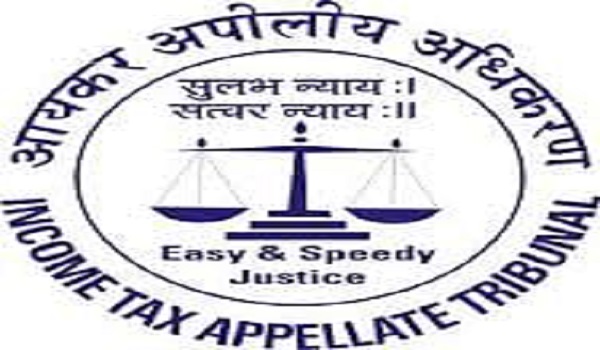The above judgement has been passed by Hon’ble Delhi ITAT in case of Natasha Chopra Vs. DCIT, Circle-17(2), New Delhi ITA No. 6121/Del/2018.
Facts of the case:
Assessee is a Director in N&N Chopra Consultants Private limited and has derived salary and rental income from this company
Apart from the Indian Income, the assessee had also earned income from house property situated in Australia and United Kingdom. However, it had shown such foreign Income as not taxable in India
Assessee’s contention:
The assessee is a tax resident of India received rental income from the properties outside India held by her in England and Australia and declared the rental income received by her in her return of income filed in Australia and United Kingdom.
Since the income has already been offered to tax in UK and Australia and as per DTAA income cannot be taxed in India again.
Revenue’s contention:
The Assessing Officer contended that the amount of the rental income to tax notwithstanding the fact that the assessee has declared rental income from properties situated in England and Australia.
AO relied on the Article 6(1) of DTAA with UK which reads “income from immovable property may be taxed in contracting state in which such property situated”. The AO referred to the Notification No. 91/2008 dated 28.08.2008 and construed the words “may be taxed” as “shall be taxed” and hence assessed that such rent “should only be” charged to tax in India only.
Ruling:
Thus, we find that in the absence of an express provision, the right of the resident country to tax its residents cannot be taken away under the DTAA. Therefore, the expression “may be taxed” cannot be construed to mean “shall be taxable only in the resident state”, unless it is expressly stated. Provisions of Section 90(1)(a)(i) is clearly applicable to the facts of the case.
In the result, both the appeals of the assessee are allowed.
Author’s comments on the judgement:
In our humble opinion and with due respect to Hon’ble ITAT we believe that as per the Income Tax Act of India, the resident country has full right to tax the global income of a tax resident, after taking into consideration relevant article of DTAA i.e. Article 6.
The judgement/ ruling passed in the above case is incomprehensible as no clear guidance has been provided as to why the Income cannot be taxed in resident country and why appeal of the assessee is allowed.
Hon’ble ITAT has mentioned that the word “may” cannot be considered as “shall”, and hence passed on a judgement that if tax has been paid in foreign country no tax needs to be paid in resident country which in our humble opinion is not a correct interpretation of DTAA. Also, the word “may” in any DTAA gives right to both the country to tax the income in their respective country and not just one country and the correct interpretation would be to ask assessee to tax the income in India and allow her the credit of tax paid in foreign country in India, if available.
The notification referred to above i.e. Notification No. 91/2008 does not states that the word “may” should be considered as “shall” rather it states that for the purpose of DTAA where the word “may” is used such income “shall be taxed in India” and necessary relief shall be granted and it nowhere states that the income shall be only taxed in India.
Hence, in our humble opinion the judgement passed should not be used as a precedent for claiming exemption of any foreign income by tax resident in India if no specific relief is available in Income tax Act or DTAA.
| Section | Article 6 and section 90 |
| DTAA/Country | India- UK and Australia |
| Court | ITAT-Delhi |
| Date of Decision | 30.06.2022 |
To download the judgement CLICK ME.
Article authored by:
CA Naman Maloo (C.A., B.Com)
He is currently working as Partner – Direct Tax with a renowned firm in Jaipur having experience in dealing Assessments, Tax Audit, International Taxation, Tax planning for NRI, Business planning and consultation.
E-mail: naman.maloo@jainshrimal.in | LinkedIn: Naman Maloo
Disclaimer: The views presented in the above article are personal views of the author and has no legal binding. For any legal opinion consult a tax professional.












![[Live] Updates and Tax changes for Budget 2023 | Tax on cryptocurrency | Income tax and GST udpates in Budget 2023 [Download Bill]](https://www.taxontips.com/wp-content/uploads/2023/02/Budget-2023-120x86.webp)

